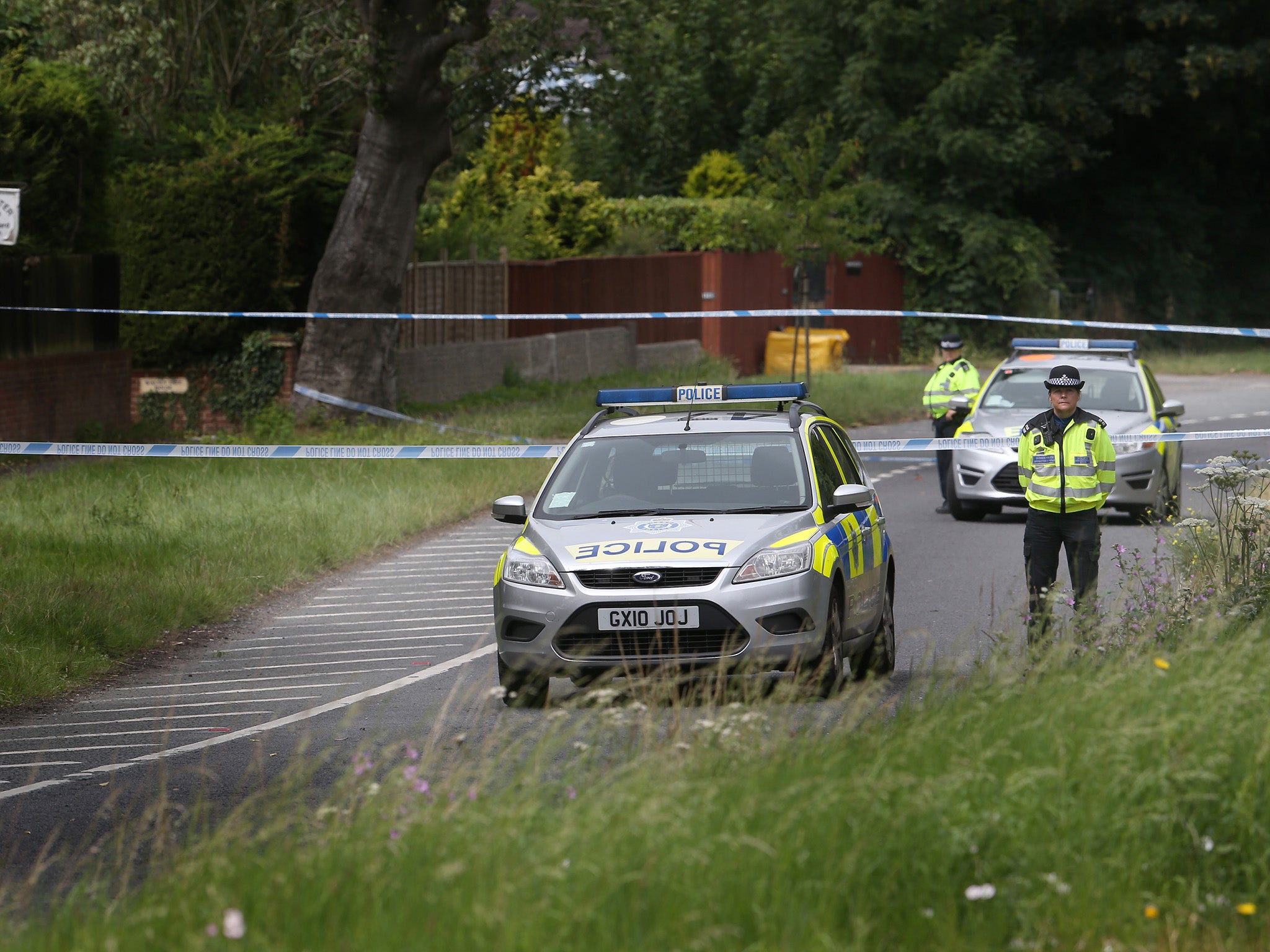Police texts asking offenders to hand themselves in prove ‘surprisingly effective’
From the 2,011 warrants issued in 2015, Sussex police have less than five per cent outstanding

Sussex police have found a "surprisingly effective" method of convincing offenders to hand themselves in – send them a text message.
Assistant Chief Constable Laurence Taylor revealed the success of the new tactic at a public meeting on police performance and accountability.
He said Sussex police currently has 41 outstanding first instance warrants – the most common type – for people who are suspected of committing a criminal offence and 501 outstanding failure to appear warrants.
"The first thing we do when we get a warrant is we put it through the police national computer and on to our systems and then the warrant is sent to either a divisional resource or another force to be executed," he said.
"Then there’s a whole raft of activity we undertake with address checks, we text message the offender and ask them to give themselves up, and you’d be surprised how effective that is.
"It goes on our briefing systems, we use the media, we visit places of employment, we target vehicles that they use, we do checks with the Department for Work and Pensions, credit checks, a whole range of activities to try and identify those individuals who are outstanding."
According to Constable Taylor, the most serious outstanding warrant Sussex police has is for Joseph Watts, who is wanted on charges of attempted murder in 1991.
"We strongly suspect he is either abroad or no longer alive," he said.
More than 13,000 people are subject to outstanding arrest warrants across England, according to national reports released earlier this month.
Chief Constable Giles York told the Bexhill-on-Sea Observer, Sussex police take the warrant issue “really seriously” and noted that less than five per cent of the 2,011 warrants issued in 2015 were still live.
